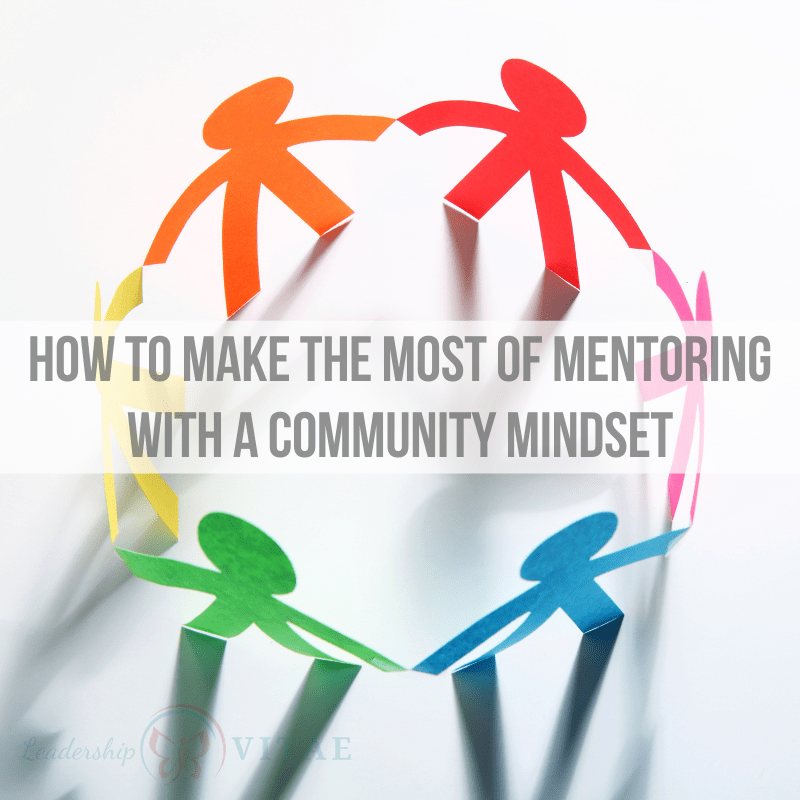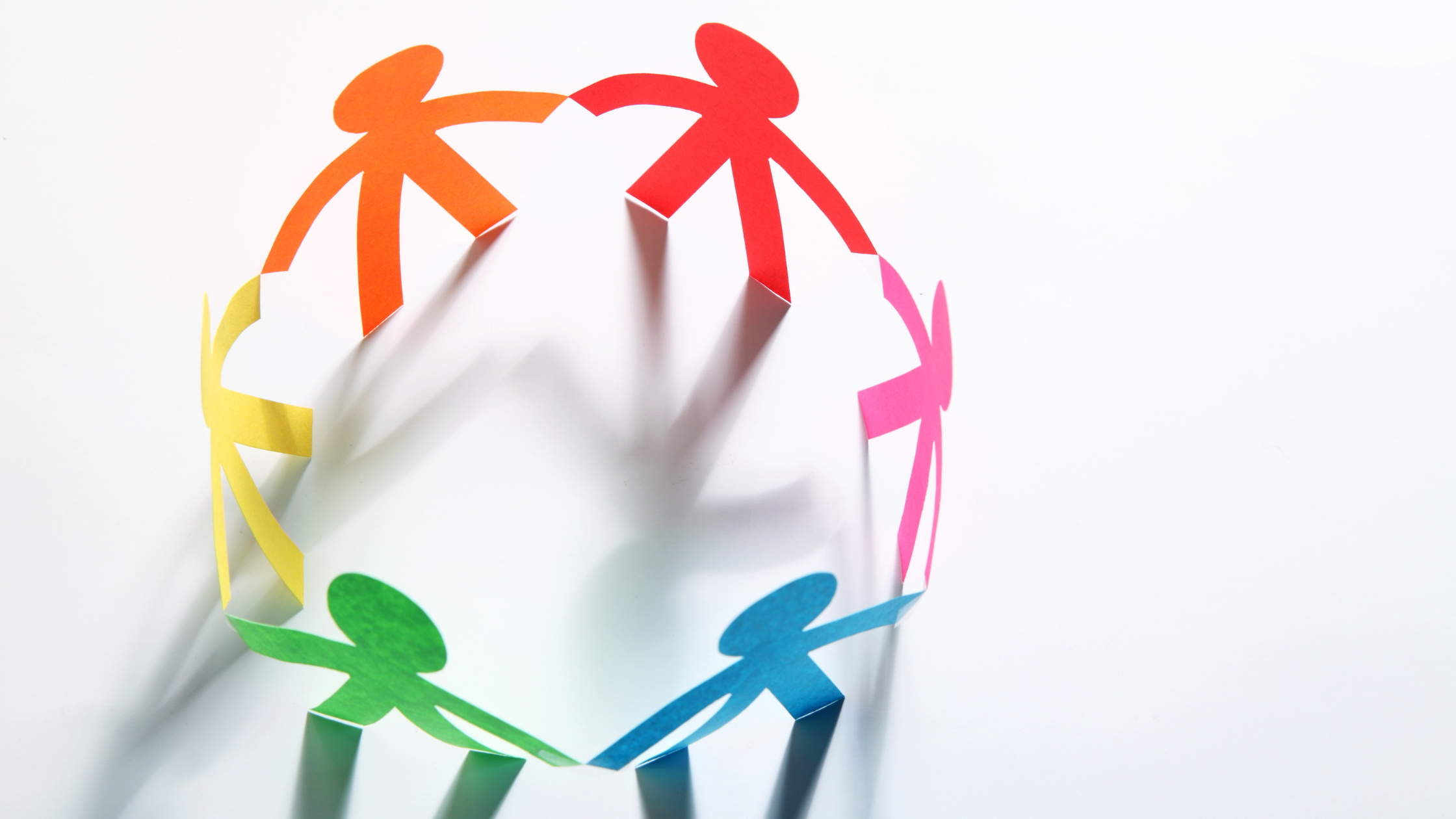
For years, I’ve heard about the need for women to have more mentors and sponsors. It was certainly popularized with “Lean In” and became an oft-cited requirement for women to achieve success in their careers.
I’ve never had a formal mentoring relationship, yet I have had many mentors and mentees throughout my career.
Over the years, I noticed that men understood someone as being a mentor or sponsor without formally naming it. With women, however, they would lament not having a mentor, though they had many relationships that were helping them grow and develop.
After noticing this trend, I helped women I engage with see the people in their circle differently. To see the mentors in their own lives, and how to cultivate the relationships authentically without being self-serving.
For years, that made sense to me. In the past few months, however, those conversations have taken a turn and are pulling me toward a different conclusion.
Women don’t need mentors or sponsors. What we need is community.
Established models haven’t kept up with the times
The start of “corporate America” is debatable, but it can generally be associated with the start of the industrial revolution around two hundred years ago. It arose from a time where women didn’t work or vote. Where business was generally conducted by and for white men.
One common factor that arose with the creation of corporations was centralization of power. Hierarchies were established to control decision-making and access to that power.
While the make up of our country has changed a lot in the course of two hundred years (though certainly has a long way to go), our business models haven’t really adjusted. Organizations are still predominantly hierarchical, with centralized power and decision-making.
Article after article has been written that pushes back on this traditional approach. Data has proven that involving diverse perspectives improves outcomes. That delegating decision-making and empowering others develops new leaders.
Our country is ever-evolving, yet our corporations are still holding on to dated hierarchies and power structures. How many signs do we need that the model built 200 years ago is not serving the world we are in now?
It takes a village…a communal model
There has been an evolution in my mentoring relationships over the years. I may call them my personal board of directors, but I also call them friends and some have become as close as family. They are men and women I trust, who trust me in return.
Women are communal. We may not all be that way now, but we certainly started out that way in the hunter/gatherer days. What happens when we overlay the idea of community on top of mentoring relationships?
A community is a collection of people that have something in common, whether it be where they live, worship, educate, work, etc. It is a construct that supports those within the group.
It also implies others can join…either by moving into a neighborhood or other action that puts someone in proximity to existing members of the community.
If I reconsider my board/circle as a community, it means we can each welcome newcomers into that community. We can give others access to the same type of powerful input, feedback, ideas, and support that we benefit from.
Community moves us from a notion of scarcity – of a limited time and access to mentors and sponsors – to one of abundance. It creates a mesh of relationships where, instead of centering ourselves, we are centering the needs of the group.
Distribute power to empower
In a mesh model, where we are willing to give and receive from across the community, there is no notion of a power center. We each give what we can and receive what we need.
Maybe I have book suggestions or leadership coaching that I can offer. Maybe another member has a depth of kindness and patience, who reminds us to have grace with ourselves throughout our journeys. Another brings in the experience of being a leader as a woman of color, or having experienced ageism, and can help others navigate a similar journey.
This is happening. I know it’s happening. I’m hearing it as I’m talking with women. As we talk about community and how we’re building it in each conversation.
When I talk with women in the events industry, this is not a new concept. For them, relationships and connections are the only way to build a business.
The industry started as women behind powerful men – for hundreds of years – bringing people together and organizing events to create “the room where it happened.” Is it any wonder, then, that hundreds of years of unpaid and unrecognized women’s labor resulted in an industry that behaves differently than traditional business models?
The traditional approach of hierarchies and limited access to power doesn’t serve us, and isn’t the only model out there. It’s not the only possibility. So let’s be bigger and bolder.
Redesign for the world we’re living in now
It’s time to reimagine old narratives and limiting beliefs. Reject the idea of scarcity and power in a select few. To embrace and celebrate the power of coming together in community, and let go of the idea that small rooms are where big things happen.
The US is reconsidering the idea that 30% of the population should have 95%+ of leadership roles. As we start to see more diversity in leadership, why not bring diversity to how we develop? To how we create access to that leadership?
Let’s create bigger rooms with fewer walls that let more light in. Give one another the support, advice, insight, and love we need to navigate a world that wasn’t designed for us, as we reimagine and rebuild it in OUR image.
It’s time that businesses best function for the people doing the work, instead of a select few directing it.








